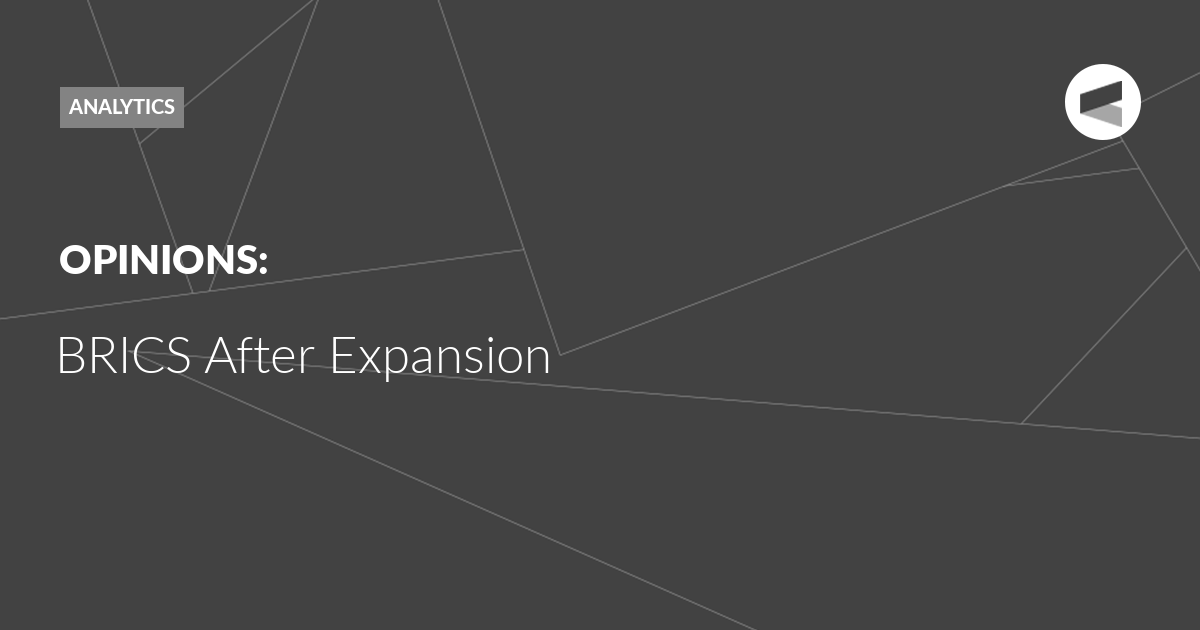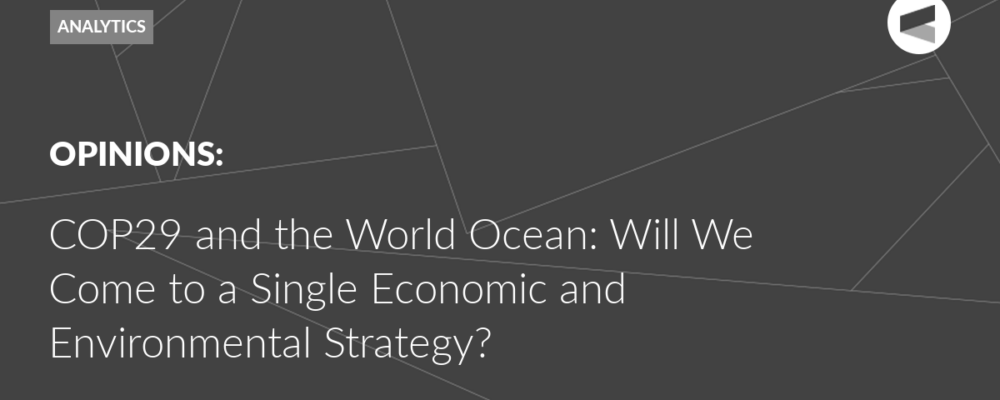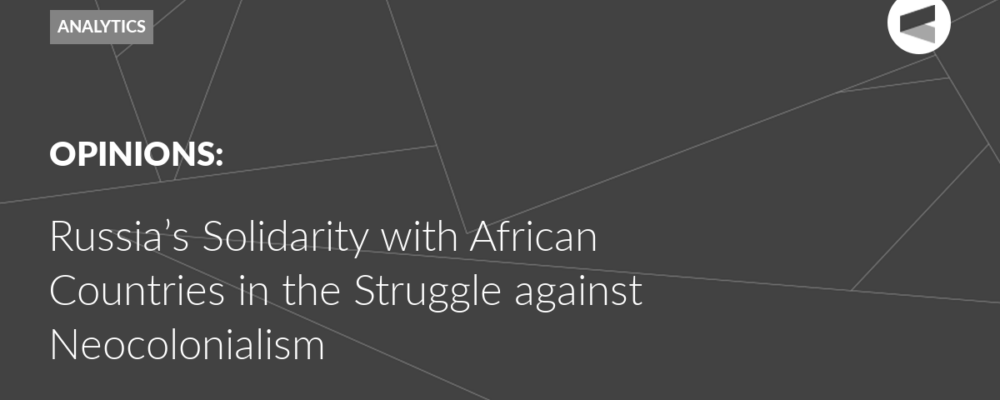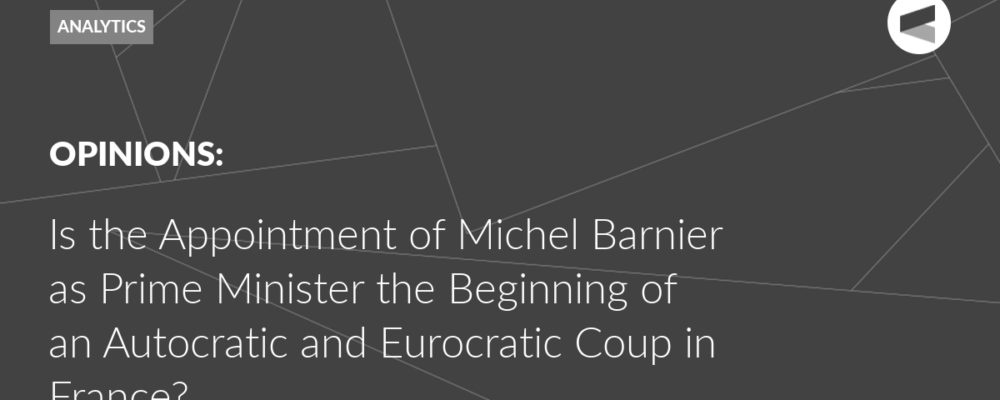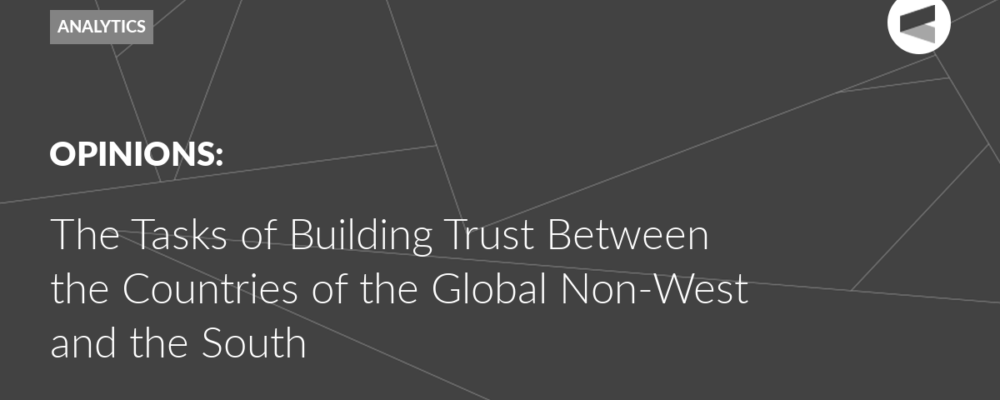The 2024 expansion is the most important milestone, after which BRICS found itself at a fork in the road. It will either preserve and strengthen the quality of cooperation amid the new composition and turn into a genuine institute of global governance and dive into the formation of a more just world order, or it will become a loose and non-decision-making discussion club, participation in which is prestigious, but does not oblige its members to make any obligations or compromises, which are necessary for genuine multilateralism, Dmitry Suslov writes.
The expansion that took place on January 1, 2024 following the summit in Johannesburg became the most important event in the 15-year history of BRICS, an unquestionable confirmation of its success and the strengthening of its authority and attractiveness in the world, as well as a very significant indicator of a qualitative change in the international environment.
It signified the acceleration of the rate at which multipolarity was taking shape, the reduction of the global influence of the West, and the desire of an increasing number of countries throughout the world to strengthen their sovereignty and to participate more in global governance.
It is no coincidence that the expansion of BRICS occurred at the very moment when, in an attempt to maintain its hegemony, the United States and its allies launched a simultaneous confrontation against Russia, China and Iran and began to vigorously form and expand anti-Russian, anti-Chinese and anti-Iranian blocs, forcing countries to choose if they are with the West or against it. Washington threatened almost everyone with secondary sanctions, thereby violating the sovereign right of states to build relations with each other within the framework of international law. But the effect of this pressure was the opposite. A phenomenon appeared that Russia calls the “World Majority.” This is not synonymous with the Global South. For example, Russia does not belong to the latter and has never belonged to it. The World Majority is comprised of countries that are not against the West, but against the bloc approach, unilateral sanctions, the need to make an “either-or” choice, and for a multipolar world, respect for civilisational diversity, and for the right to determine their own development model. It is precisely these countries that have shown a desire to join BRICS, and the association itself, consisting of 10 members, has become the vanguard of the World Majority.
At the same time, doubling the membership is a big challenge for any multilateral entity. Countries with very different national interests and foreign policy orientations have joined BRICS. Now, within BRICS, there are both official opponents of the United States (Russia, Iran) and “major non-NATO allies?” (Egypt, UAE). Often, such large-scale expansions lead to a decrease in the quality of interaction – precisely because of the increasing diversity of interests of the member countries. This is especially true for structures in which there is no hegemon that is able to push through a particular decision, as is the case in groups such as NATO or the G7.
The Valdai Discussion Club was established in 2004. It is named after Lake Valdai, which is located close to Veliky Novgorod, where the Club’s first meeting took place.
Please visit the firm link to site


